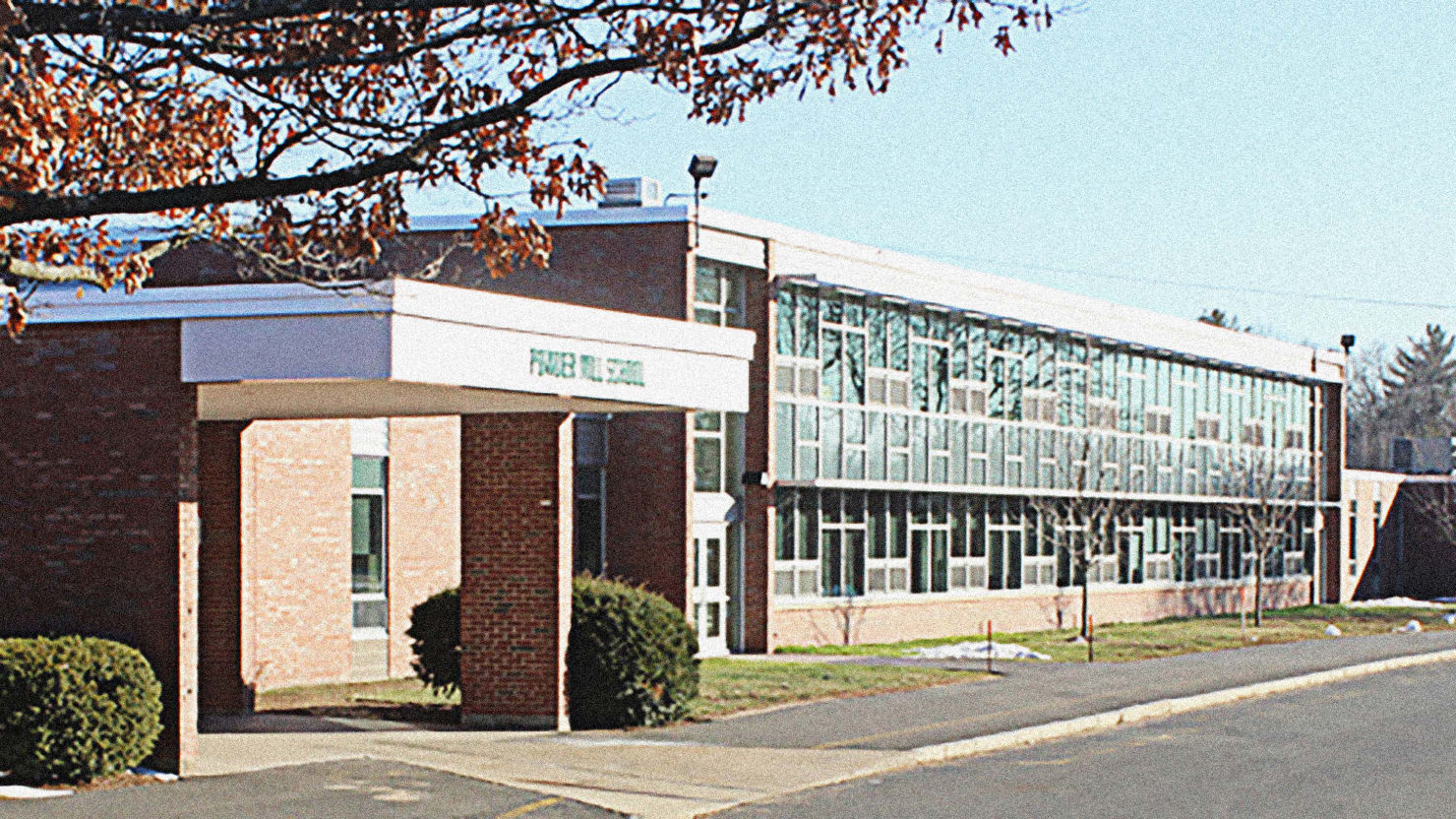A Massachusetts district attorney has announced that criminal charges have been filed against middle-school students for racially bullying Black classmates in an online mock slave auction.
At a press conference Thursday, Hampden District Attorney Anthony Gulluni said eighth graders from Southwick Regional School had been criminally charged with hate speech and racist bullying, local outlet Western Mass News reported.
“As of this morning, a juvenile has been charged with interference with civil rights, threat to commit a crime, and witness interference,” Gulluni said. “A different juvenile has been charged with interference of civil rights and threat to commit a crime, and four other juveniles have each been charged with threat to commit a crime.”
He explained that the students created a conversation on Snapchat in February that included hate speech, racially-targeted violence, “derogatory pictures and videos, and a mock slave auction directed at two individuals known to them.” The students involved have been suspended, according to Western Mass News.
During a jam-packed Southwick-Tolland-Granville Regional School District board meeting on March 5, administrators immediately addressed the racist incident.
“On behalf of the entire school committee of the district, we want to, again, publicly condemn the actions that took place by students in our school community,” district chair Robert Stevenson read to the crowd from a prepared statement.
On Feb. 8, he said a group of students outside of school hours engaged in “an inappropriate Snapchat thread that involved racial topics that were very concerning.” Stevenson explained that the “unfortunate and appalling situation” was brought to the attention of school administration on Feb. 9 and eventually resulted in “four immediate actions,” including an investigation, local authorities being made aware of what happened, families of involved students being notified, and the controversy communicated with other members of the school community.
“[The students’] conduct and their behavior that they exhibited is not behavior that is acceptable nor will be tolerated in Southwick-Tolland-Granville Regional School District,” Stevenson said. “Our district strives to create an environment where everyone is welcomed and treated with respect. Our district is not alone in having to deal with individuals in our schools that do not follow those same ideas and, instead, behave in a manner that is disrespectful and hurtful towards other members of their school community.”
By Feb. 16, Stevenson said the district had finished its investigation, but was unable to reveal the actions taken against the students involved due to policy standards regarding children’s privacy.
“Harassment, racism, and discrimination affect all of our surrounding communities,” Stevenson continued with his prepared statement. “The administration of the district will certainly not be held accountable for actions that students take outside of schools. Can we help address these topics while they’re at school? We certainly can.”
He praised Superintendent Jennifer Willard and principals within the district for how they handled the matter before opening up the meeting for public comments.
Jennifer Diaz, a state grant coordinator who helps increase diversity within districts, continued the district’s self-congratulatory remarks, saying that she had only “witnessed around five racial incidents” during the 20 years she’s been in her position and they were immediately addressed.
“Yes, there are some bad apples in the student community,” Diaz read from the dais, “but Southwick has welcomed and embraced students of color.”
The majority of the people in attendance at the meeting were unenthused though.
Parent Allyson Lopez, whose daughter was one of the victims in the Snapchat mock slave auction, threw all protocol out the window and directly addressed the board, criticizing them for patting each other on the back. She said her daughter encountered five racial incidents before the Snapchat exchange even happened, and they all occurred under Willard’s leadership.
“There’s a problem with that,” Lopez said, glaring at Willard. “So, you having to resign is something I’d really like to see happen.”
She said eight of the 10 students who were involved in the Snapchat slave auction were back in school within two days, but her daughter was too emotionally distraught to return for three weeks.
“None of you can tell my daughter what she’s been through,” Lopez told the all-white school board. “Don’t tell me you get it; don’t tell me the district is not racist.”
She blasted administrators for not apologizing to her daughter after the incident, and she explained to Willard that their parenting experiences would never be the same because of race.
“None of you on this panel understand because you don’t stand in [my daughter’s] shoes; you don’t stand in my shoes,” Lopez charged. “Up until today, you haven’t done anything to make it better. …You still don’t get it because you’re looking at me spaced out.”
For more than 10 minutes, Lopez aired her frustration to the board, clearly dismissing the three-minute public speaking limit.
“Whose time is next? Trust me: They’ll give me their time,” she asserted, as a wave of attendees acquiesced. “This is the first time your meeting looks like this, and it won’t be the last UNTIL you make a change because I will be here EVERY month until change happens.”
When she took a seat, Lopez received a standing ovation from the public, or “her village” as she called them.
Then, Greater Springfield NAACP President Bishop Talbert Swan stood at the dais to explain to the board that the issue wasn’t just about what happened in February, but the district’s “history of racial incidents.”
“We’re here to talk about Black students being called ‘n—-rs’ while they’re in school, a word that is steeped in racial history of slavery, of brutalization, of dehumanization,” Swan said. “We’re here to talk about a culture that exists in this sundown town.”
He said parents of color have moved out of the area because their children were harassed and teachers of color had also been victims of racial discrimination.
“That culture has to stop,” Swan demanded.
The Greater Springfield chapter of the NAACP filed a complaint with the state against the district on March 11 for not doing more to rectify the issue after the investigation was completed, news outlet Mass Live reported.
According to local outlet WWLP, over 1,700 people have signed a petition requesting for Willard and Southwick Regional School Principal Serena Shorter’s resignations.
Neither Southwick Regional School nor Southwick-Tolland-Granville Regional School District immediately returned The Daily Beast’s requests for comment Thursday.


